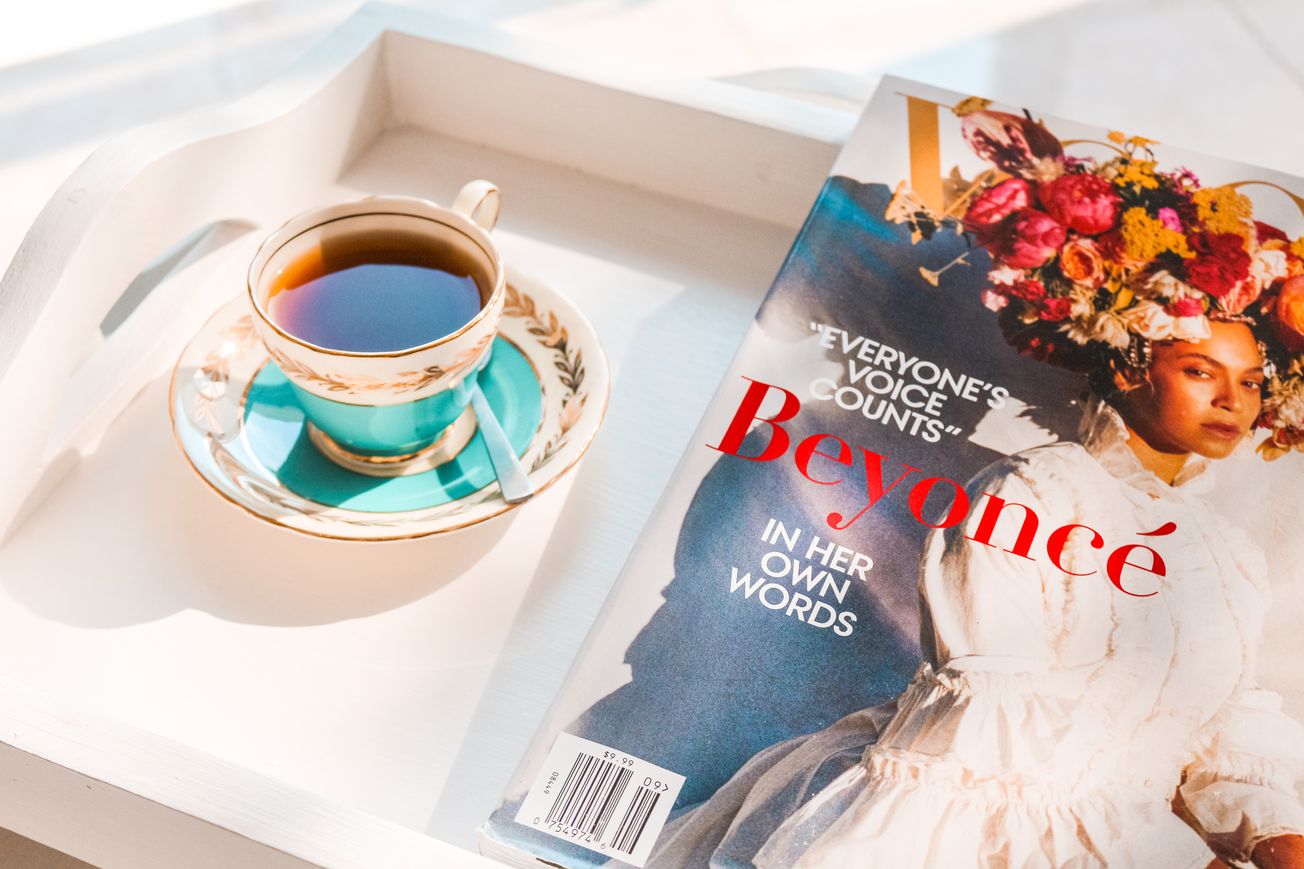By Luke Unger
The surprise album drop has become something of the norm. From Frank to Bey, everyone's doing it - and with surprisingly successful results. Luke Unger examines the cottoning on to (and complete disregard of) this remarkable use of artist power. If life gives you lemons...
The long awaited release of Justin Vernon, AKA Bon Iver’s 22, A Million, marks the artist’s third record over a nearly decade long career. Veering from his first and second albums with a distinctly different style, Vernon challenges listeners with ominous distortion and a strange collision of instrument and loops, offered artists such as Paolo Nutini in ‘33 God’.
While Vernon’s third album successfully conveys the familiar ‘woodsman’ sound of isolation and intense sadness so masterfully portrayed in debut album, For Emma Forever Ago, attention has shifted focus from his music, to his stance taken surrounding the album’s release.
In a recent interview with the Guardian, Vernon has explained his refusal to undertake extensive interviews, instead holding press conferences, and his refusal to have any photo taken of his face in full, explaining to interviewers, “It’s a self preservation thing”, wanting to capture the “vitalness, the necessity of performance”.
Related article: Sam Mason-Jones reviews 22, A Million
Only this year we have seen similar circumnavigation of the ever demanding press, most notably, the surprise release of Lemonade this April, Beyoncé’s sixth album and Frank Ocean’s Blonde, causing new questions to arise surrounding the necessary role of the media and whether artists can really separate themselves from the cultural phenomena seemingly ingrained within every aspect of modern life.
Does Bon Iver’s dissatisfaction with the music industry and press represent a more wide-reaching problem for the creative capacity of musicians, or can artist and the media come to maintain a mutually beneficial relationship?
It is undeniable that the press and the social media they control is an encompassing force, which dictates and informs listeners on not only an artist’s work, but their social life, personal issues, their weight and political leaning. Intense media scrutiny can be a crushing force, many positing its role in the death of artists such as Amy Winehouse, Kurt Cobain and Karen Carpenter.
An artist’s disassociation with both the media and press may in fact be seen as a very natural human reaction, an escape to a required creative isolation, such a Radiohead who recorded most of OK Computer in a 16th-century Tudor Mansion owned by actress Jane Seymour, renting out her house in exchange for the band feeding the cat in her absence. The album is now widely regarded as one of the best of all time.
However, the 19th century assertion that ‘there is no such thing as bad publicity’, perhaps offers a counter argument to the massing army of artists, vying for independence from the media. Can it not be said that the media plays a vital role in informing the public of new material and engaging the artist’s potential audience?
The capacity for the press and demands of the media seem to pervert the creation process, with artists seemingly selling out at every turn and switching creative for commercial success.
I don’t think it is any random correlation that the music industry has grown almost exponentially with the increase of social media platforms such as Twitter and Facebook. Though many would argue the capacity for the press and demands of the media seem to pervert the creation process, with artists seemingly selling out at every turn and switching creative for commercial success.
Most interestingly, Vernon’s stance, and the stance of artists alike, raises the recurring debate as to whether the story of the artist, told by the press to the masses, is in fact necessary to the listening experience of an album. It is undeniable that most artists use influences personal to them in order to shape and mould the sounds and meanings embedded within their tracks.
Whilst listeners may empathise with the raw emotion displaced within an album, having no predisposition untoward it’s meaning, one may argue the importance of the artist’s story in regards to the creation of an album or EP. For instance, after David Bowie’s death, how many of us were hauntingly enlightened listening to the cancer stricken artist’s last melodies in Blackstar, songs such as ‘Lazarus’ proclaiming “I’ve got scars which can’t be seen”, painfully denoting the crippling affects of his condition. This clearly indicates how information about an artist’s private life can dramatically change the perception of an artist’s work.
Therefore I think that while there are some serious problems with artist independence and the way in which our society demands answers to trivial questions on artists lives and work, the media has the capacity to work alongside the artist, in order to help challenge and colour the music in question. This challenge however, I feel, will never be taken up and this simple fact frustrates me to the point of despair.
Featured: Unsplash / Emily Bauman
Do you think the social media revolution has helped or hindered the creative process? Let us know your thoughts in the comments below or via social media.








